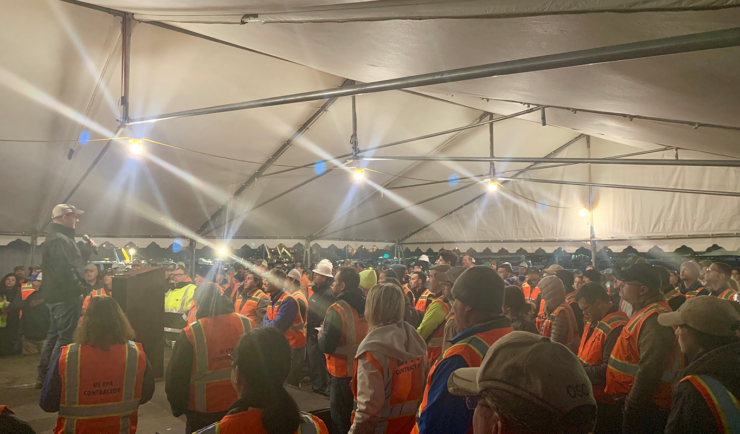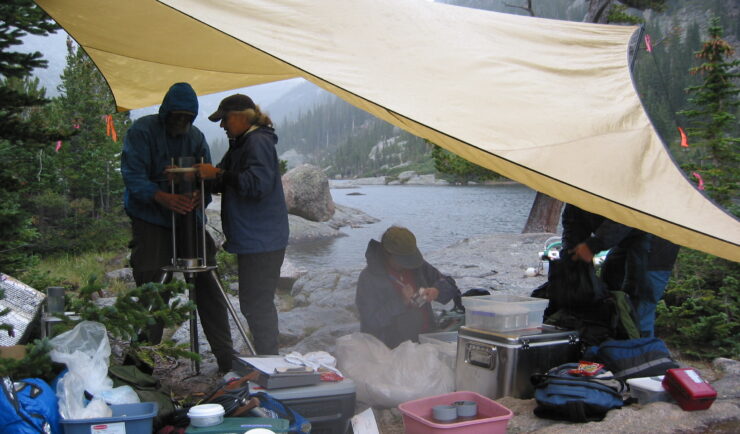Grape Microbiota
CSS was selected to develop an experiment payload to examine the effect of microgravity throughout the various stages of wine fermentation.
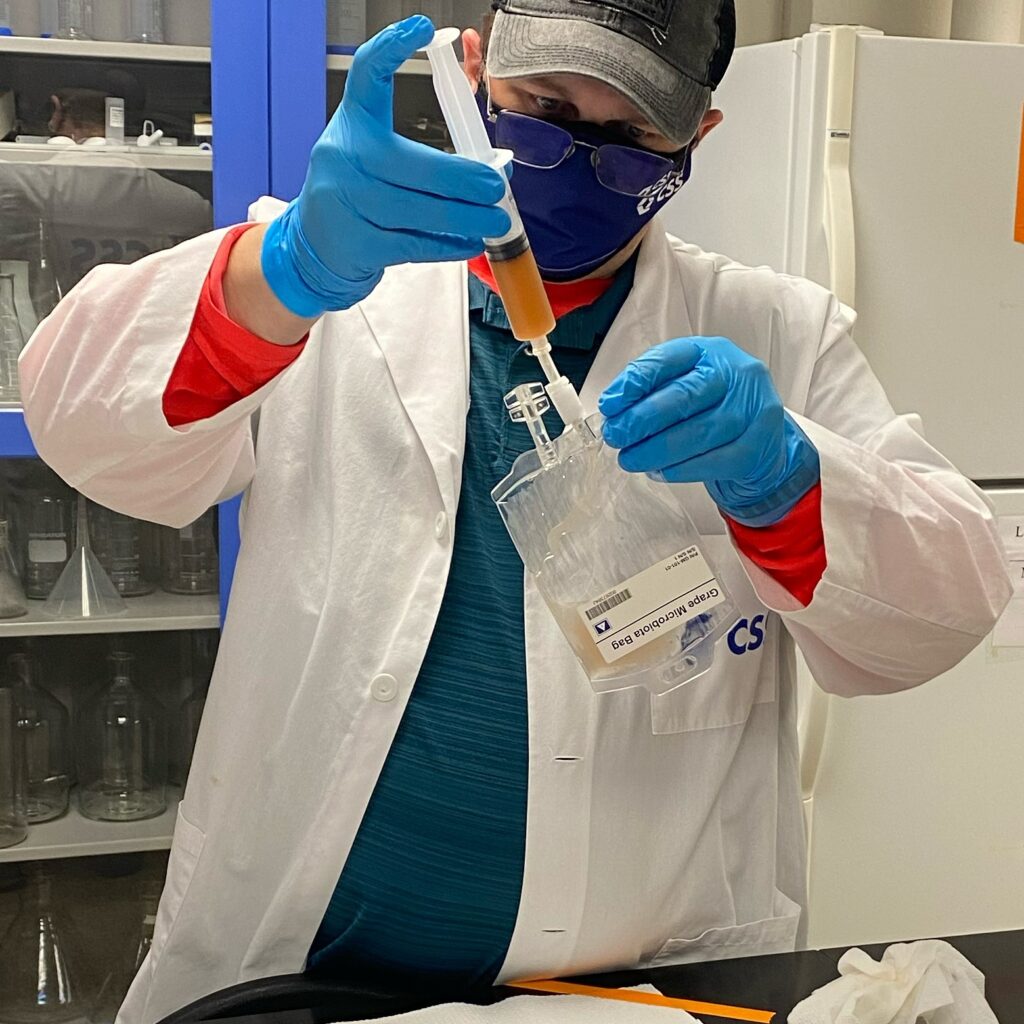
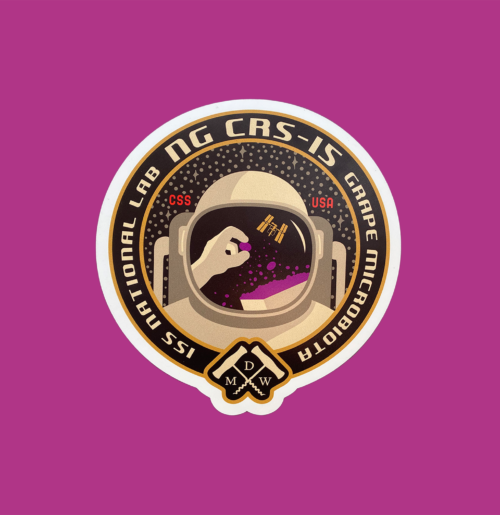
CSS is at the forefront of life sciences R&D that support both Earth and Space science. We were selected to develop an experiment payload to examine the effect of microgravity throughout the various stages of fermentation. The viticulture, or winemaking, industry has been selectively growing vine cultivars with different traits for millennia. The micro flora that coexists with the plant and fruit may be one of the key factors that influence the final product. To better understand the role and impact of microbes, a key approach would be to observe and measure the potential phenotypic and genotypic differences of the micro flora when they are exposed to a unique and/or stressful environment. Use of the ISS provides a unique environmental stressor consistently for microbial activity to occur in the grape juice and demonstrate micro flora expression throughout the critical stages of fermentation. This research can be targeted toward improving universal crop production characteristics including yield, size, nutrition, etc. for a positive impact for use in space exploration as well as Earth application.
The primary objective of this investigation was to induce fermentation in microgravity conditions representing a unique environmental stressor to important microbes responsible for fermentation. We hypothesized that the growth kinetics would trend differently amongst the existing populations of microbes native to the grapes, and that different microbial types would proliferate and become the dominant species in the fermenting juices when exposed to environmental stressors, and that these differences in expression would have an impact on various elements of grape juice as it ferments.
Additional Projects
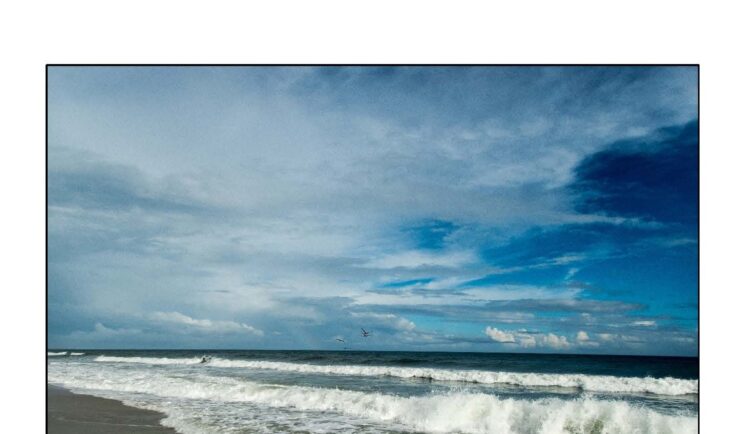
Social Values Relative to Wind Energy
CSS assisted in the assessment of social values related to understanding and support of offshore wind energy sitings off North and South Carolina.
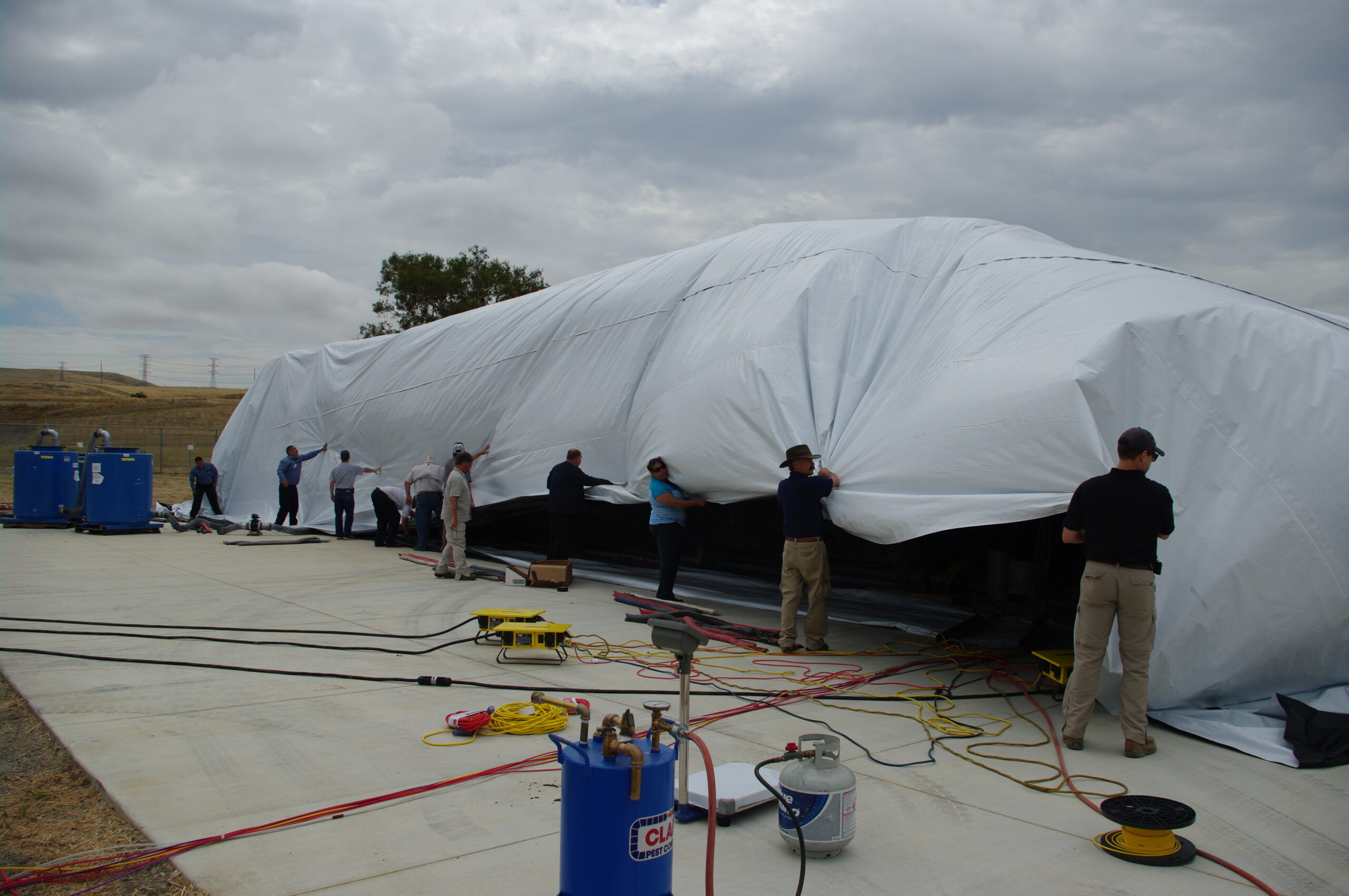
Decontamination Field Tests for EPA
CSS staff helped design, plan for, and implement field tests of decontamination technologies and methods using MB for EPA’s Consequence Management Advisory Division.
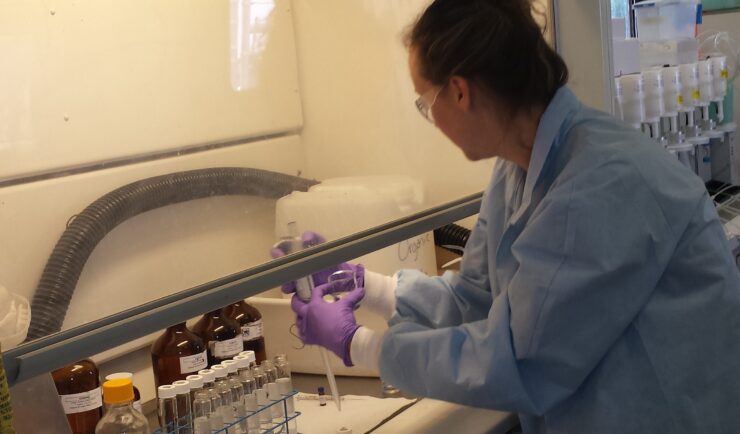
Analytical Laboratory Support for Mass Transit Decontamination Research
CSS helped advance EPA’s body of knowledge for restoring subway systems after a biological incident.

Get in touch
Contact us to learn more about our projects, capabilities, solutions, and service offerings.





